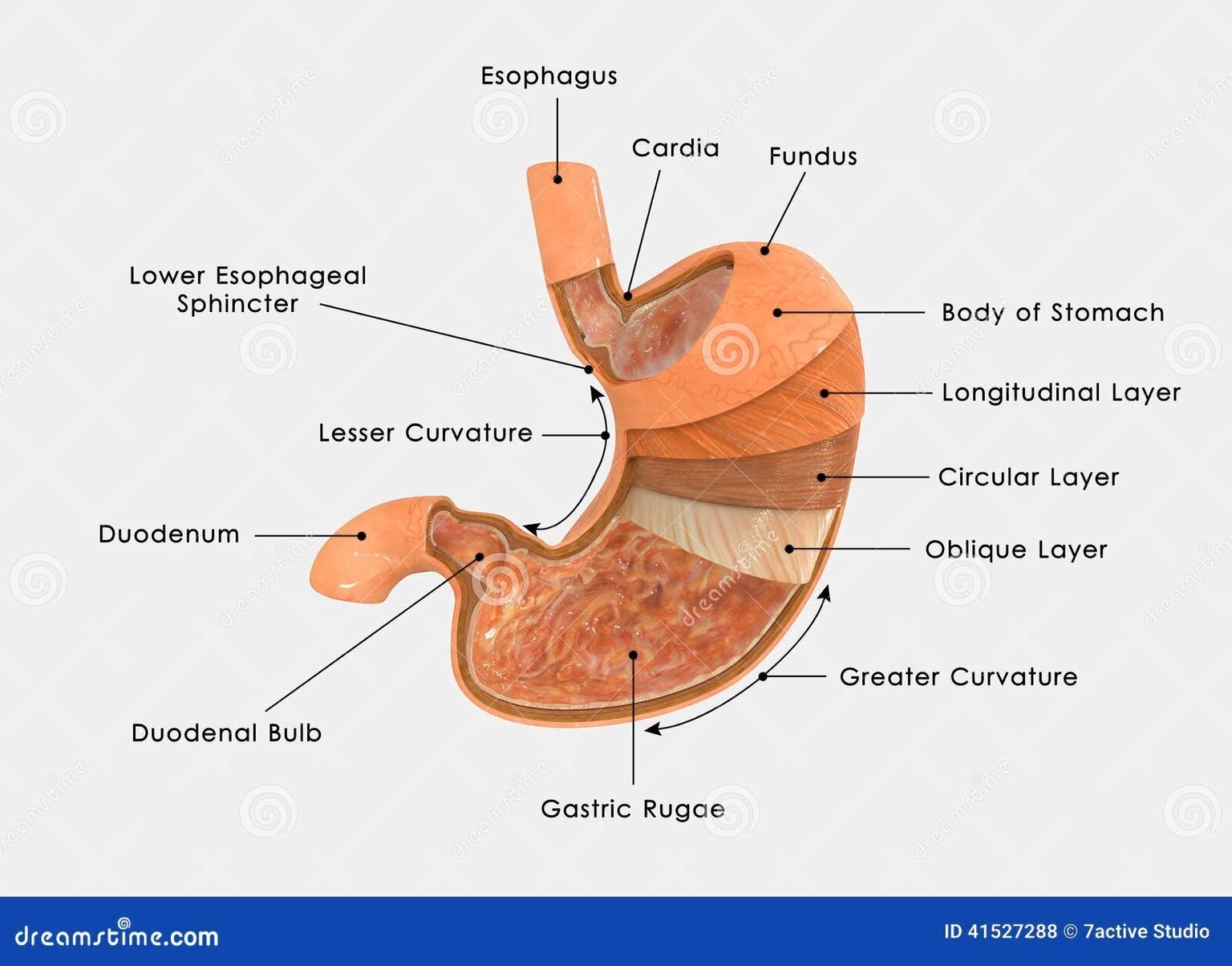Stomach Examination
tomach examination is a crucial part of diagnosing various health conditions, including stomach cancer. The process usually begins with a visit to your family doctor, who will ask about any symptoms you have and may conduct a physical exam. Based on this information, your doctor may refer you to a specialist or order tests to check for stomach cancer or other health problems.
Diagnostic Tests
1. Blood Test: This test checks for anemia and infections.
2. Endoscopy: A thin tube with a tiny camera is inserted into the stomach to examine the inside.
3. Barium Swallow: A series of X-rays of the stomach is taken after you swallow liquid barium to look for stomach cancer.
4. Biopsy: A small sample of the mass is sent for microscopic examination to check for the type and severity of cancer.
5. Laparoscopy: This test checks if the cancer has spread beyond the esophagus or stomach.
ymptoms of Stomach Cancer
ymptoms of stomach cancer are often noted in the advanced stage. They include fatigue, stomach pain (which worsens after eating), bloating of the stomach (especially after eating), feeling of stomach fullness (even after eating very little), severe and persistent heartburn, severe and persistent indigestion, persistent nausea and vomiting, loss of appetite, and unintentional weight loss.
Causes of Stomach Cancer
Cancer is generally the result of a genetic change that occurs in the cells, which leads to continuous division of cells. Factors influencing genetic changes in cells of the stomach include gastro-esophageal reflux disease (GERD) or backflow of stomach contents into the esophagus, family history, smoking, obesity, increased intake of smoked and salted food, reduced intake of fruits and vegetables, Helicobacter pylori infection, eating food contaminated by fungal toxin (especially aflatoxin), stomach polyps, pernicious anemia resulting from poor absorption of vitamin B12 by the intestines, and alcohol abuse.
Treatment Options
Treatment options for stomach cancer include chemotherapy, radiation therapy, and surgery, either alone or in combination. The choice of treatment is based on the stage, severity, and overall health of the patient.
Prevention
Preventive measures include having a regular exercise regimen, including fruits and vegetables in your everyday diet, reducing the intake of smoked and salty foods, quitting smoking, maintaining a healthy height to weight ratio, treating stomach infections, and avoiding overuse of aspirin or NSAIDs.
In conclusion, stomach examination is a comprehensive process that involves various diagnostic tests. It is crucial in detecting and treating stomach-related health issues, including stomach cancer. Early detection and treatment significantly improve the prognosis and survival rate of patients.


